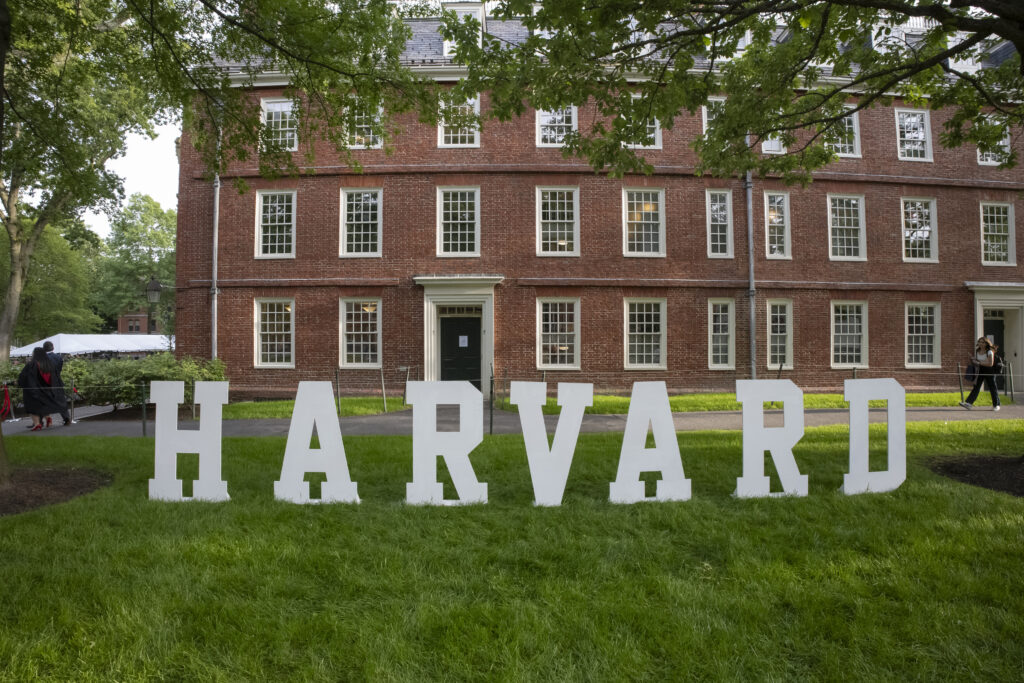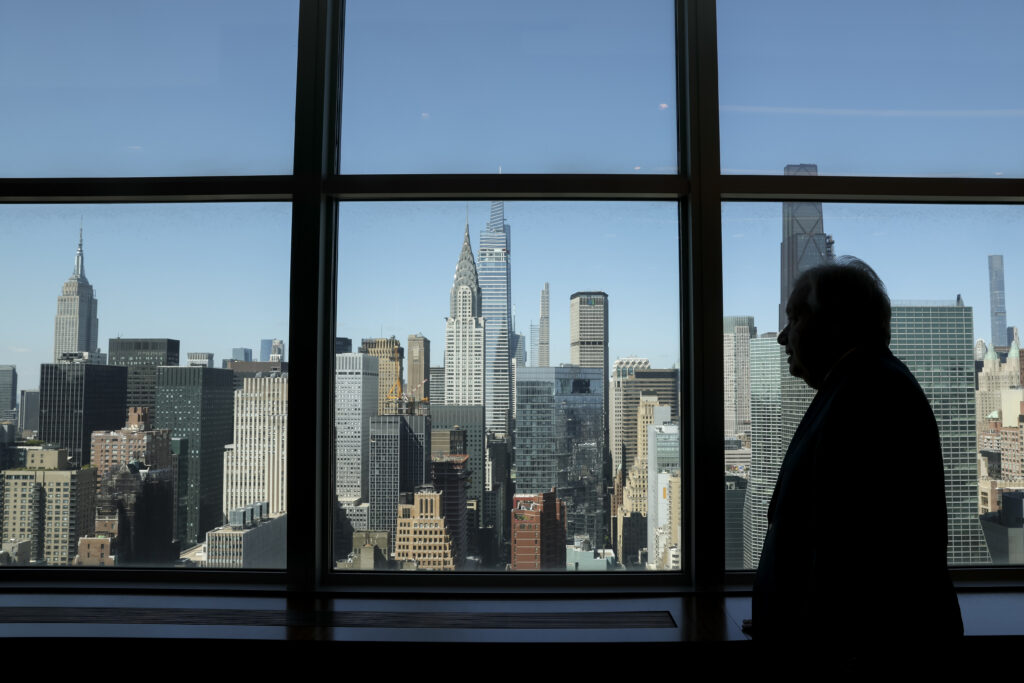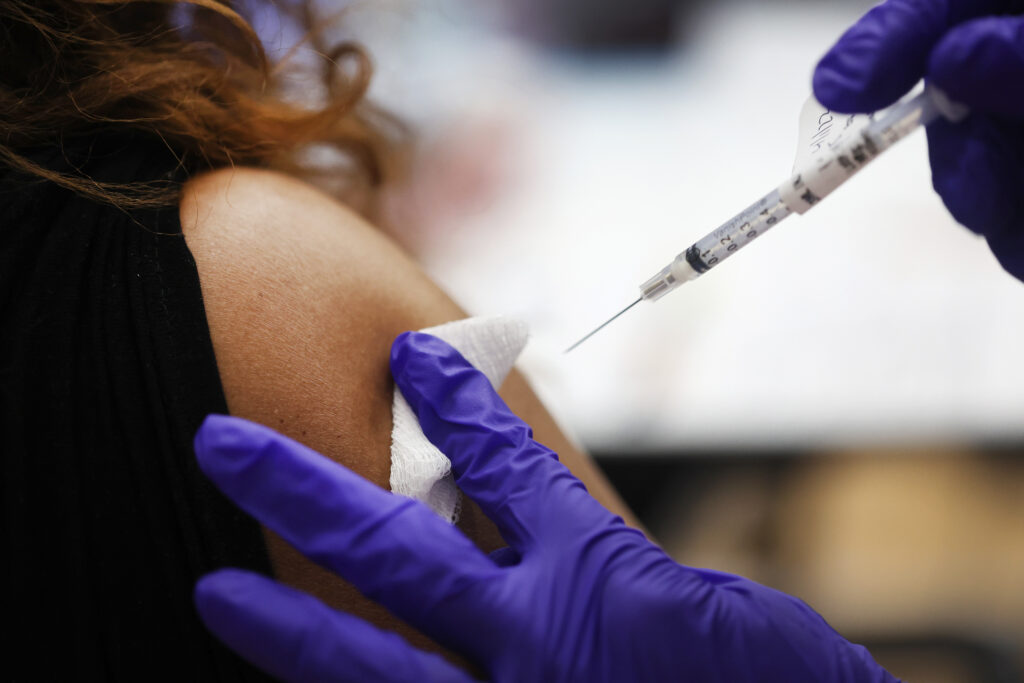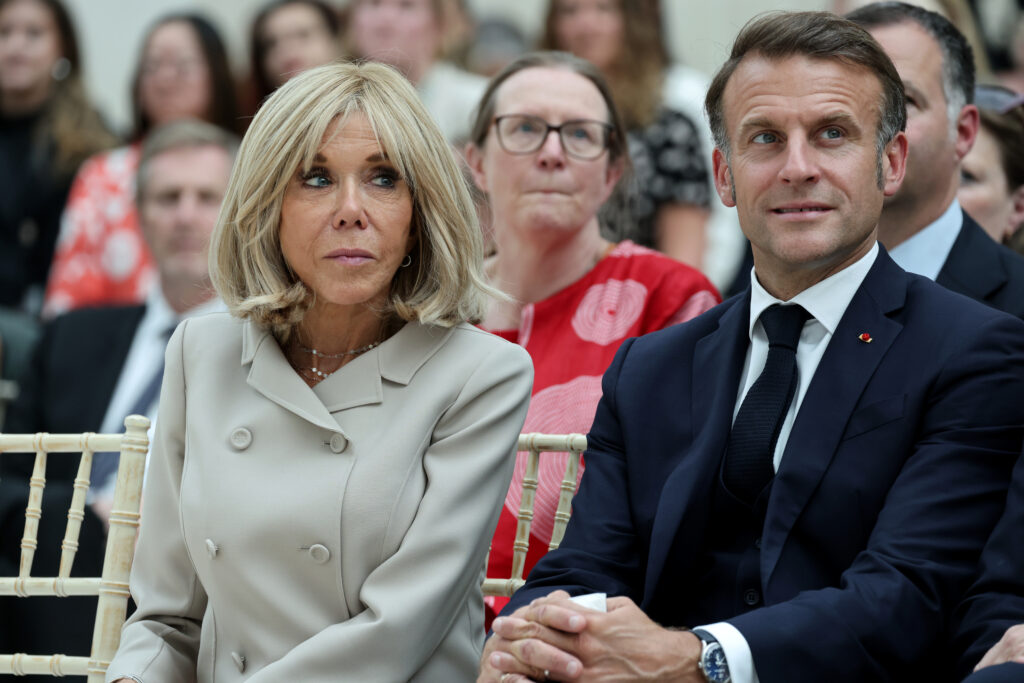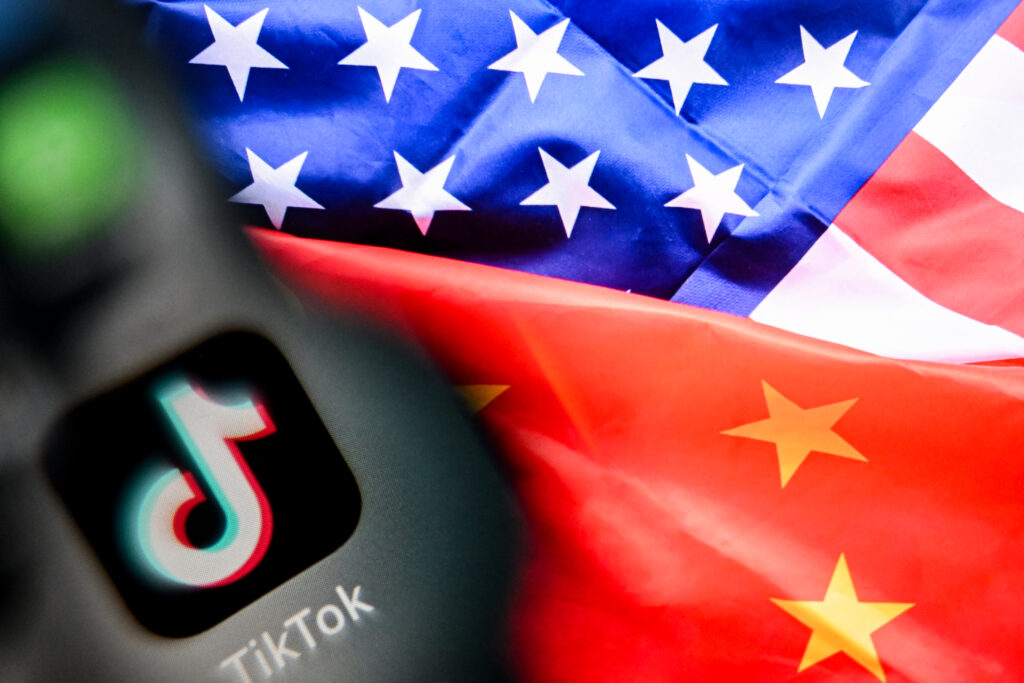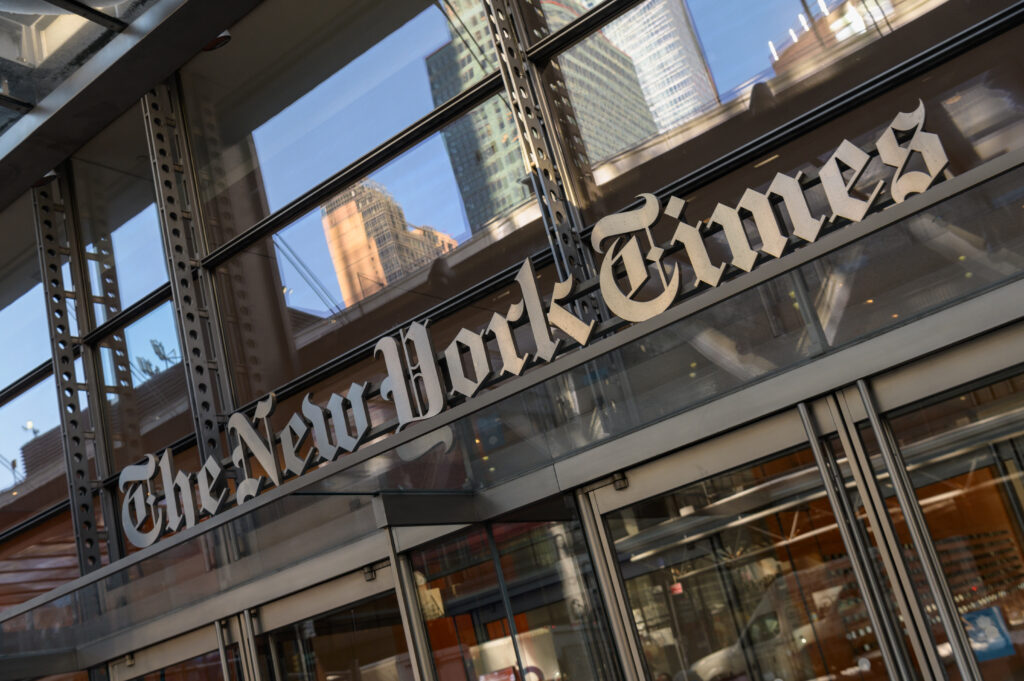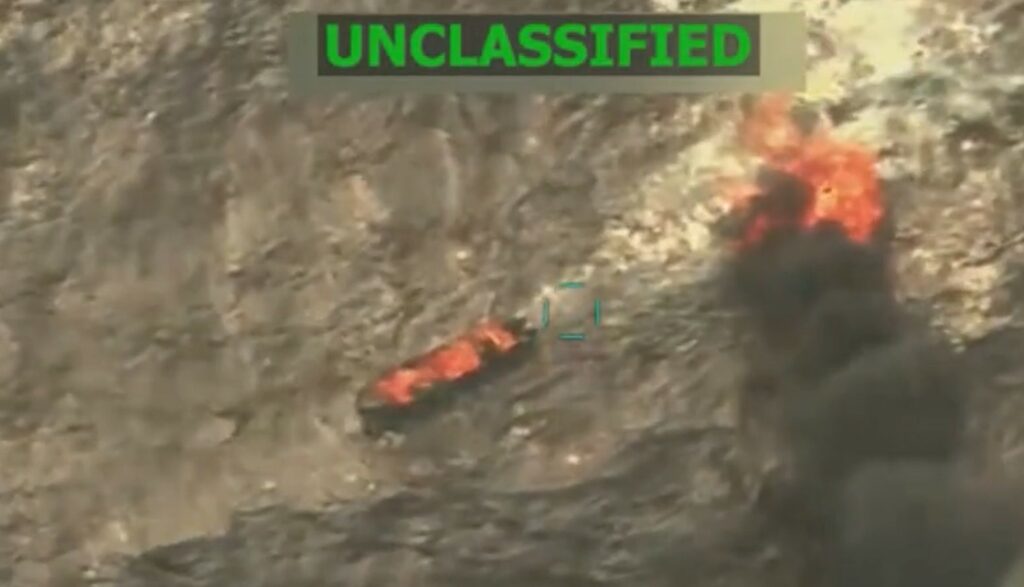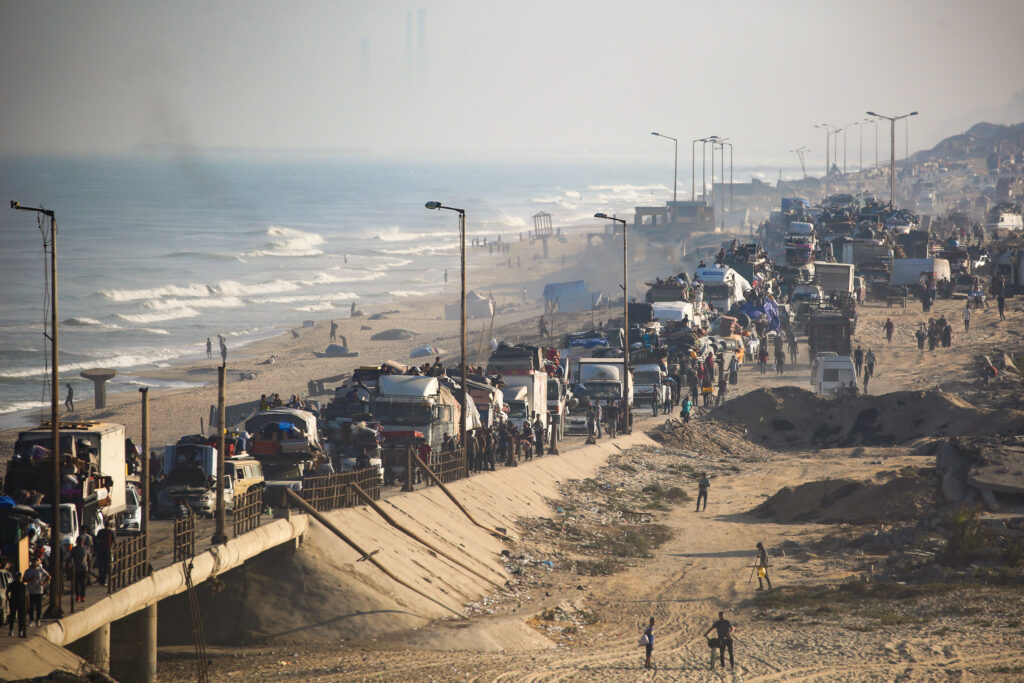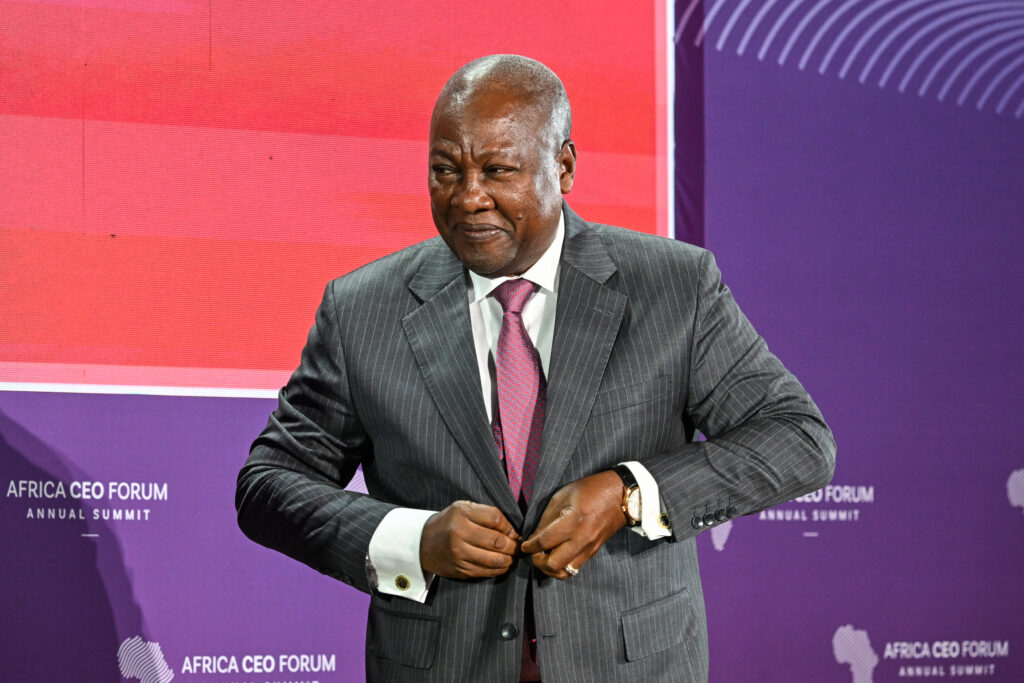Trump admin hits Harvard with new restrictions on funds
The Trump administration imposed fresh restrictions Friday on Harvard’s access to federal funds, opening a new front in its unprecedented crackdown on the prestigious US university.The Department of Education announced in a statement that it has placed Harvard under “heightened cash monitoring (HCM) status” saying there were “growing concerns regarding the university’s financial position.”It cited the administration’s own accusations of civil rights violations at the university as creating uncertainty over future funding, as well as Harvard’s move to issue bonds and layoff employees.The status shift requires the university to use its own funds to pay out student financial aid packages that federal officials have promised, with the school later able to seek reimbursement from the government.”Students will continue to have access to federal funding, but Harvard will be required to cover the initial disbursements as a guardrail to ensure Harvard is spending taxpayer funds responsibly,” the department wrote.Additionally, federal officials are requiring Harvard to “post an irrevocable letter of credit for $36 million” to “cover potential liabilities and ensure that Harvard meets its financial obligations to both students and the Department.”This latest jab in the Trump administration’s ongoing fight with academia comes after a judicial victory for the Cambridge, Massachusetts-based school in the northeastern United States.Trump officials accuse the university, and other schools around the country, of promoting so-called “woke” ideology, while failing to sufficiently protect its Jewish students during pro-Palestinian protests.Harvard has denied those claims, saying the federal government is instead focused on controlling the school’s hiring, admissions and curriculum.Earlier in September, a Boston judge ordered the administration to lift its freeze on approximately $2.6 billion in federal funds for Harvard, writing that Trump’s Department of Education “used antisemitism as a smokescreen for a targeted, ideologically motivated assault on this country’s premier universities.”Officials at Harvard did not comment on the latest federal funding restrictions, instead announcing Friday that it had begun recovering some of those frozen funds.”We are pleased to see the disbursement of $46 million in research funding from the U.S. Department of Health and Human Services. This is an initial step, and we hope to continue to see funding restored across all of the federal agencies.”
